North Queensland Cardiac Clinic (NQCC), renowned for its commitment to excellence, takes an innovative leap forward in cardiac monitoring with its state-of-the-art Ambulatory Blood Pressure Monitoring Centre in Pimlico. Spearheaded by eminent experts Dr Dharmesh Anand and Dr Raibhan Yadav, this facility brings around-the-clock insights, ushering in a new era of precision heart health management.
Let’s learn more about NQCC and our services:-
- Empowering Precision Cardiac Care
- Unveiling the Technology Behind ABPM
- Personalized Care for Enhanced Outcomes
- Elevating Heart Health Awareness
Empowering Precision Cardiac Care:
The Ambulatory Blood Pressure Monitoring Centre at NQCC is a testament to the clinic’s dedication to providing comprehensive, patient-centric care. Unlike traditional blood pressure measurements taken sporadically, ambulatory monitoring offers a continuous and detailed evaluation of blood pressure fluctuations over 24 hours. This invaluable data enables healthcare providers to create tailored treatment plans that address individual patient needs more accurately.
Dr Dharmesh Anand, a luminary in the field of cardiology, highlights, “The ABPM Centre marks a significant stride forward in our approach to heart health. By observing blood pressure patterns during a patient’s daily activities, we gain previously inaccessible insights. This helps us identify ‘masked’ hypertension and provide timely interventions.”
Unveiling the Technology Behind ABPM:
At the heart of the ABPM Centre lies sophisticated technology that blends seamlessly with patient lifestyles. The portable monitor, connected to a comfortable cuff, records blood pressure regularly, even during sleep. The discreet and user-friendly device allows patients to carry on with their routine activities while generating critical data.
Dr Raibhan Yadav, a distinguished cardiologist renowned for his contributions to remote patient monitoring, explains, “The technology not only records blood pressure but also factors in the patient’s physical movement and position. This holistic approach offers a comprehensive understanding of blood pressure fluctuations, vital for accurate diagnosis and treatment.”
Personalized Care for Enhanced Outcomes:
What sets NQCC’s ABPM Centre apart is its commitment to personalized care. Each patient’s monitoring experience is tailored to their unique medical history and lifestyle. The collected data forms the foundation for evidence-based decisions, enabling doctors to adjust medications, recommend lifestyle modifications, and provide timely interventions that resonate with each patient’s requirements.
Dr. Anand emphasizes, “Gone are the days of generalized treatment plans. With the insights gained from ambulatory monitoring, we can create interventions aligning with a patient’s daily routine, resulting in better adherence and outcomes.”
Elevating Heart Health Awareness:
Beyond its medical significance, the ABPM Centre contributes to raising awareness about the importance of heart health monitoring. The continuous and unobtrusive nature of ambulatory monitoring is an educational tool encouraging individuals to be more proactive about their cardiovascular well-being.
Dr. Yadav believes, “Education is a powerful tool in preventing cardiac issues. As patients become more engaged in monitoring their blood pressure, they better understand their body and its needs. This empowerment fosters a culture of heart health consciousness.”
Final Words
North Queensland Cardiac Clinic‘s Ambulatory Blood Pressure Monitoring Centre is more than a medical facility; it symbolises its commitment to groundbreaking cardiac care advancements. With visionary leaders like Dr Dharmesh Anand and Dr Raibhan Yadav at the helm, NQCC is not just treating heart conditions but transforming lives through precision monitoring, personalized care, and heightened awareness. The clinic’s approach resonates with its mission: to ensure that every heartbeat counts, every moment matters, and every patient receives the finest care modern medicine offers.



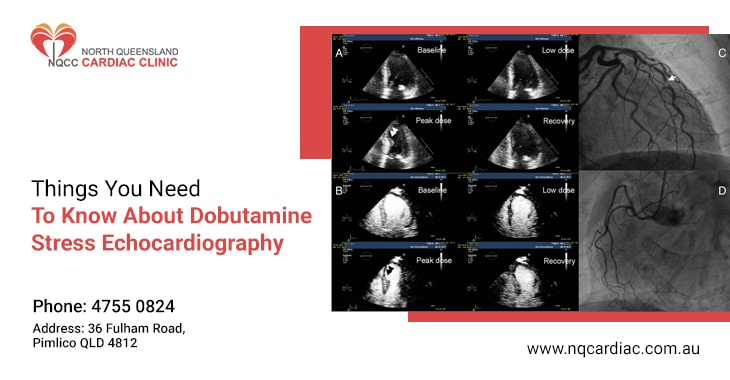
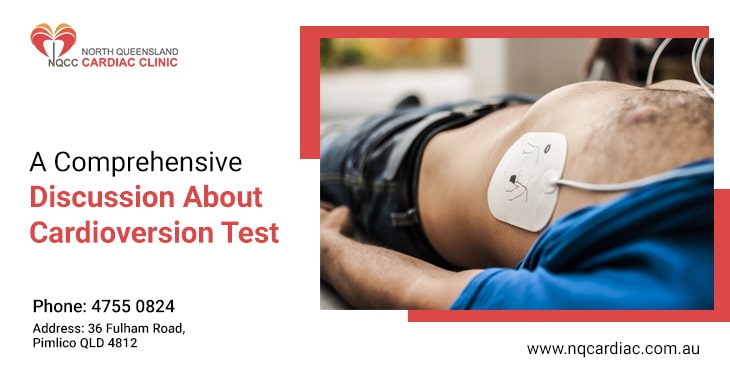
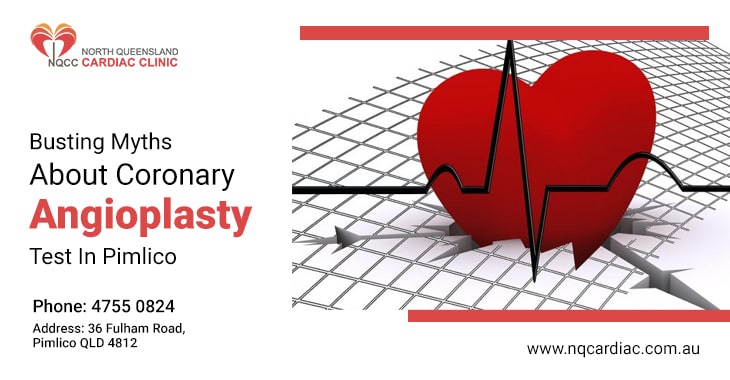
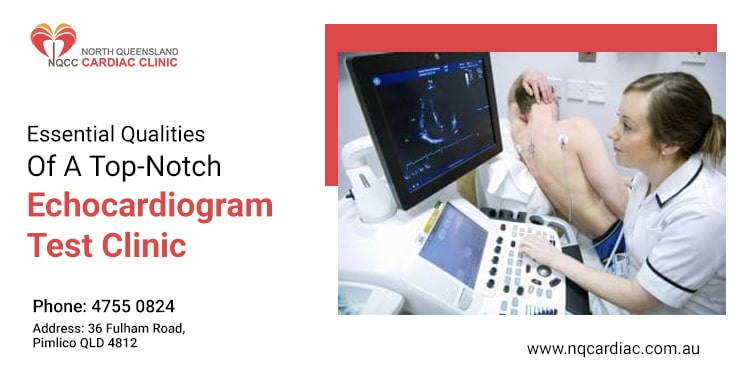
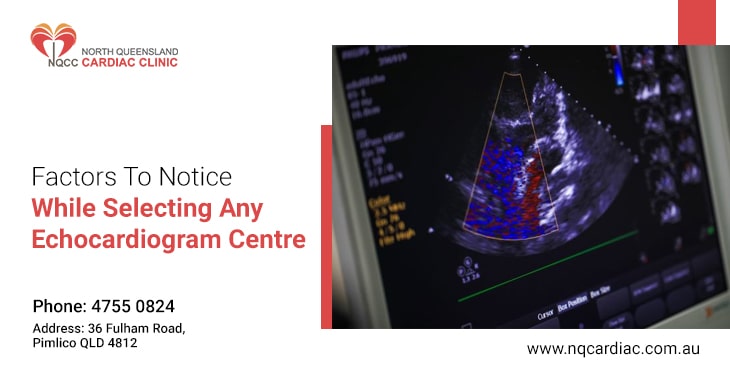
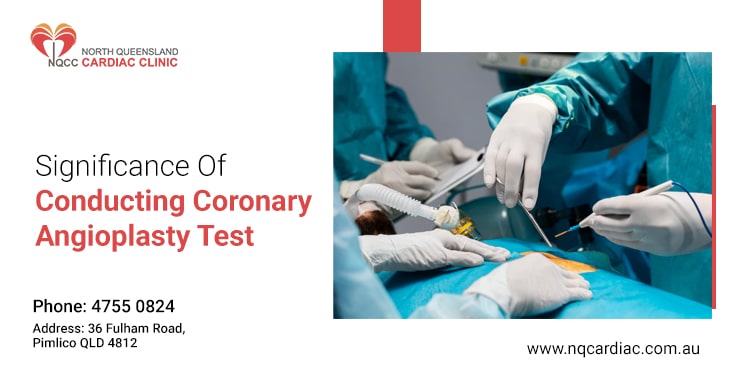
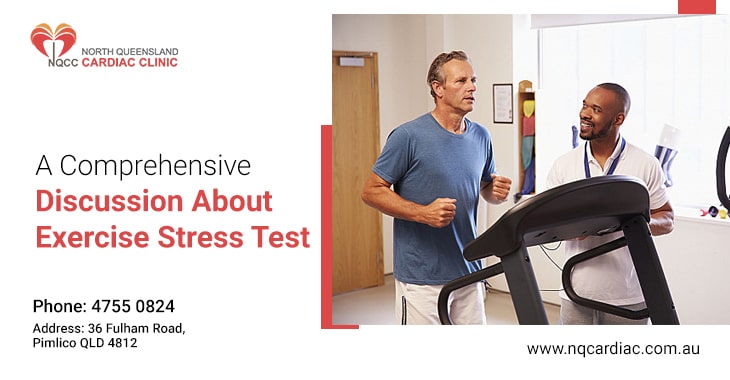
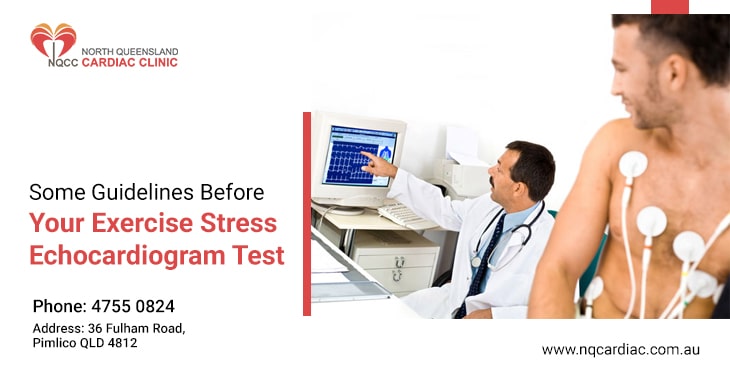
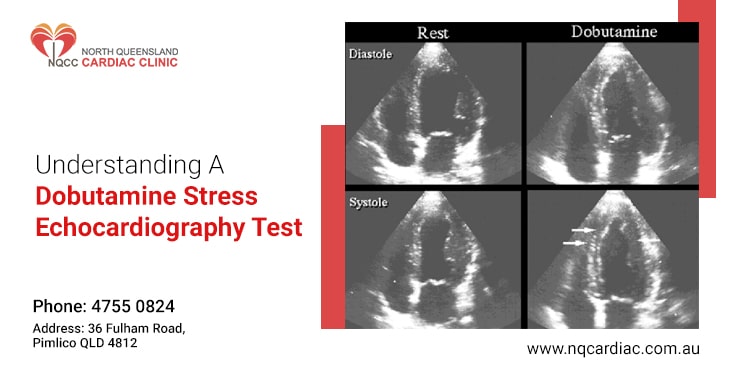

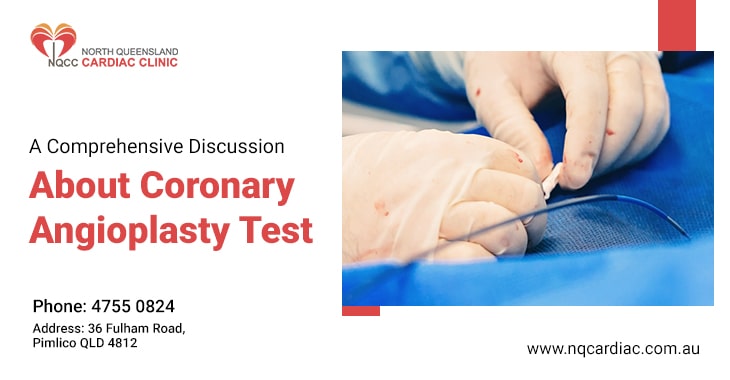
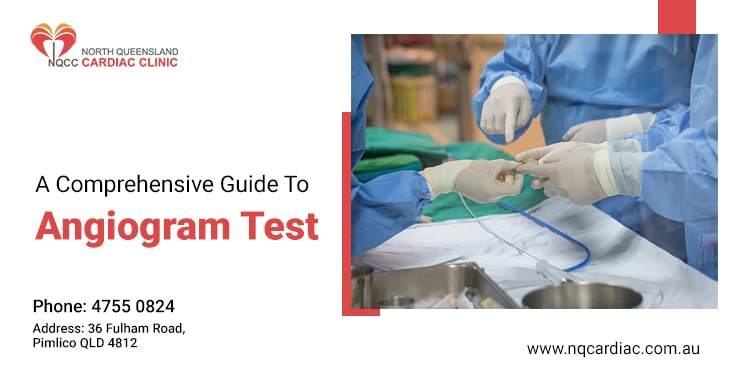
Recent Comments